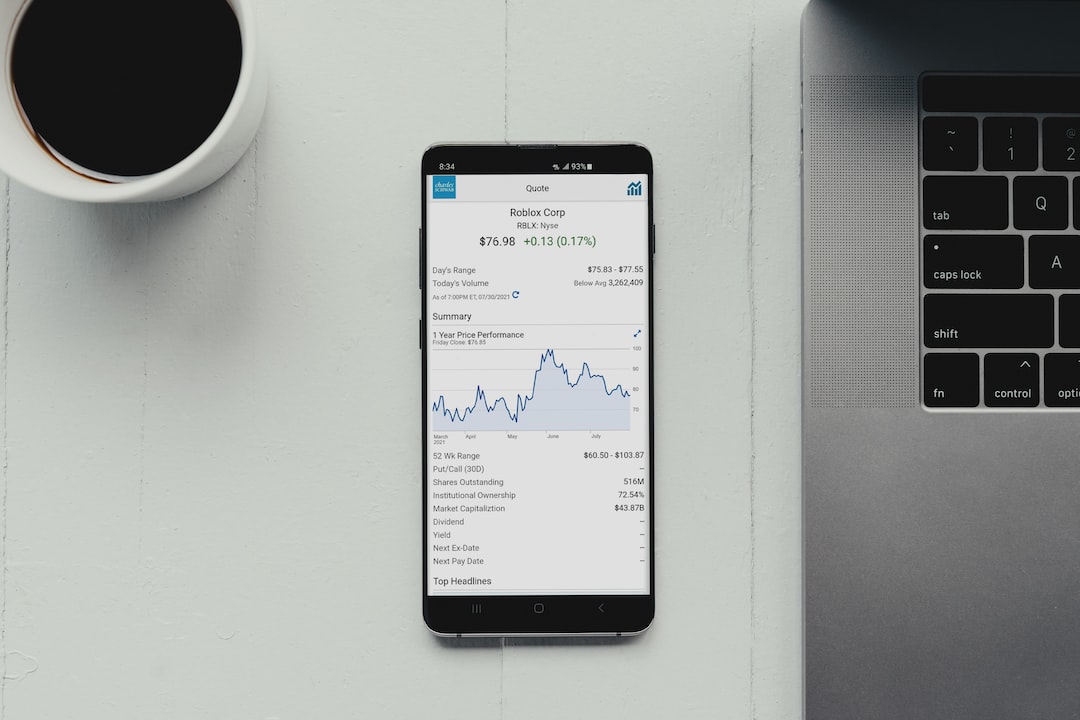The decision of the United Kingdom to leave the European Union, commonly known as Brexit, has significantly impacted the global financial market, especially the foreign exchange (forex) market. The forex market is the world’s largest and most liquid financial market, with over $5.3 trillion traded daily. It is an essential market for international trade and investment, and any significant political event can cause fluctuations in currency values.
Brexit was a contentious issue, and the forex market reacted swiftly to the announcement that the UK would leave the EU. The news led to a sharp decline in the value of the British pound (GBP) as investors reacted to the uncertainty that the decision would bring. On June 23, 2016, the day of the Brexit referendum, the GBP/USD exchange rate was around 1.50, but it fell to 1.32 by the end of the day. This represented a drop of over 11% in a single day, the largest one-day decline in the history of the GBP.
The forex market continued to react to the Brexit decision in the following weeks, with the GBP experiencing further declines against other major currencies such as the US dollar, the euro, and the Japanese yen. By the end of June, the GBP/USD exchange rate had fallen to 1.30, a level not seen since 1985.
The reaction of the forex market was not limited to the GBP but also impacted other currencies. The euro, for example, fell against the US dollar, as investors became concerned about the stability of the EU after the UK’s decision to leave. The USD/JPY exchange rate also declined, as investors sought to invest in safe-haven currencies such as the Japanese yen.
The impact of Brexit on the forex market was not limited to the short-term. The decision to leave the EU raised concerns about the future of the UK’s economy and its trade relationship with the EU. These concerns led to a prolonged period of uncertainty that affected the GBP’s value against other currencies.
In the months following the Brexit decision, the GBP continued to experience fluctuations in value, with significant declines occurring in October 2016 and January 2017. The fluctuations were driven by a range of factors, including economic data releases, political developments, and statements from central banks.
The forex market’s reaction to Brexit was not only limited to the short-term and the GBP but also impacted the long-term outlook for the UK’s economy. The decision to leave the EU raised concerns about the future of the UK’s trade relationship with the EU, which is a significant trading partner for the UK. The uncertainty surrounding the trade relationship led to a decline in business confidence and investment, which could have long-term implications for the UK’s economy.
In conclusion, the forex market’s reaction to Brexit was swift and significant, with the GBP experiencing a significant decline in value against other major currencies. The decision to leave the EU raised concerns about the future of the UK’s economy and its trade relationship with the EU, leading to a prolonged period of uncertainty that impacted the value of the GBP in the short and long-term. The impact of Brexit on the forex market is a reminder of the importance of political events and their potential impact on financial markets.






